The rise of digital transformation has optimized traditional channels for essential services like healthcare, insurance, finance, and shopping outdated. Nowadays, people are gravitating towards online platforms as the new norm for obtaining various products and services. Consequently, businesses are adapting swiftly to these shifts to meet customers where they are.
Creating a user-friendly health insurance app presents a lucrative opportunity in today's digital landscape. With the increasing demand for convenient Healthcare Insurance Solutions, developing an app that delivers seamless experiences and comprehensive health insurance solutions can position you for success.
According to McKinsey's report, private health insurance companies are projected to double their revenues by 2025. This surge is attributed to a growing number of individuals opting to secure their health treatment plans in the post-pandemic era.
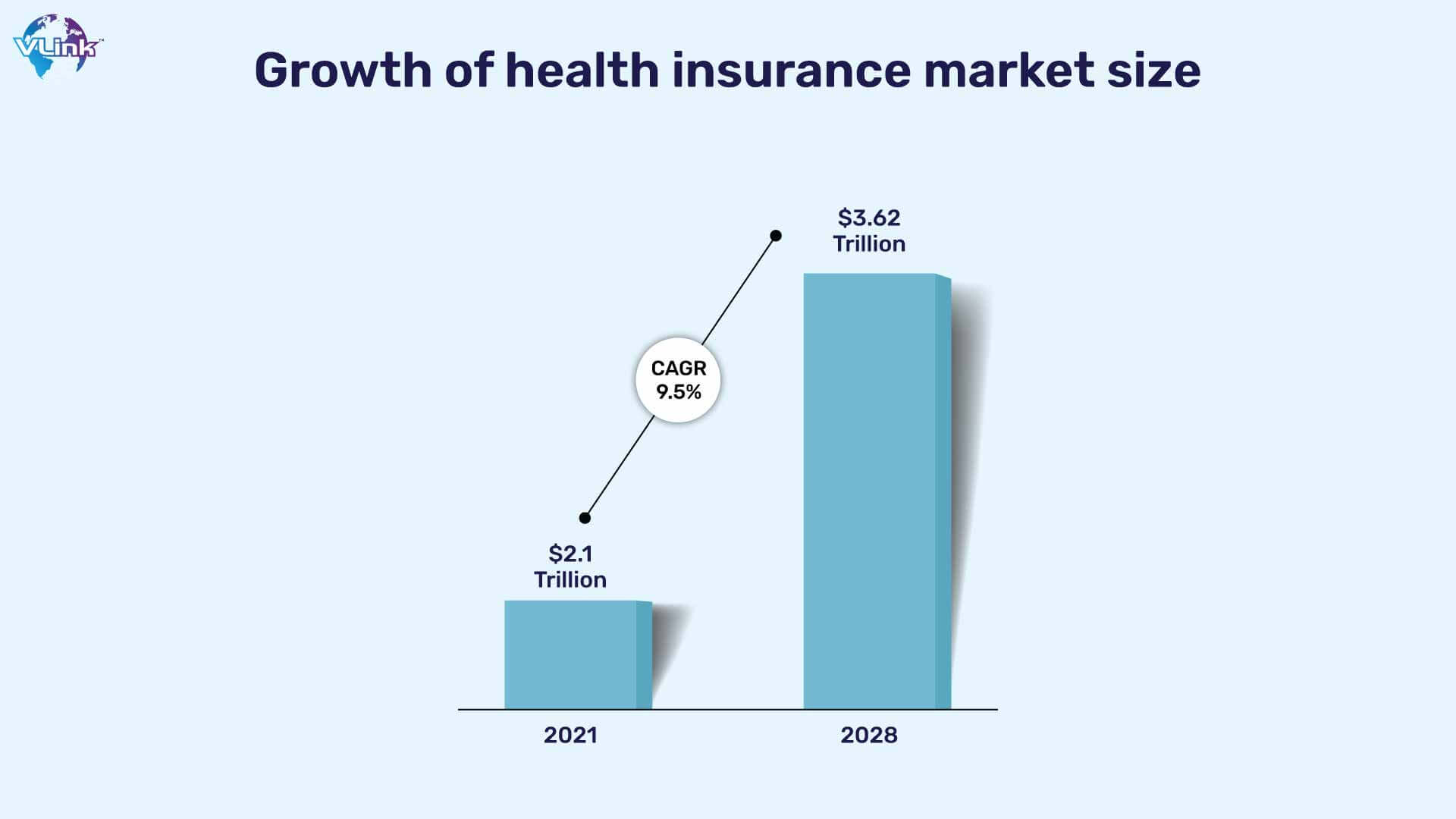 Additionally, increased government spending in the healthcare industry designates health insurance companies as intermediaries, handling expenses and contributing to revenue management.
Additionally, increased government spending in the healthcare industry designates health insurance companies as intermediaries, handling expenses and contributing to revenue management.
Conclusively, building a health insurance app can get your business an edge in the industry – providing facilities through a digital platform with ease. But before we dive into the process of health insurance app development, let’s know more about these types of apps:
Understanding health insurance app development market
The world of insurance software development has a unique niche: creating health insurance apps for Android and iOS. These apps are vital tools for the life and health insurance industry, helping to cut costs, boost sales, and improve overall operations.
In 2021, a whopping 92 percent of the U.S. population, or over 300 million individuals, had health insurance. Despite not adopting the World Health Organization's Universal Health Coverage, the U.S. boasts the world's largest health and medical insurance industry.
The Healthcare App Development market is rapidly growing, fueled by increasing healthcare costs and a growing awareness of the importance of health insurance.
The digitization of healthcare data has been a game-changer, preventing the healthcare industry from facing the same challenges as many others. Health insurance giants and startups globally are prioritizing healthcare apps to enhance their services.
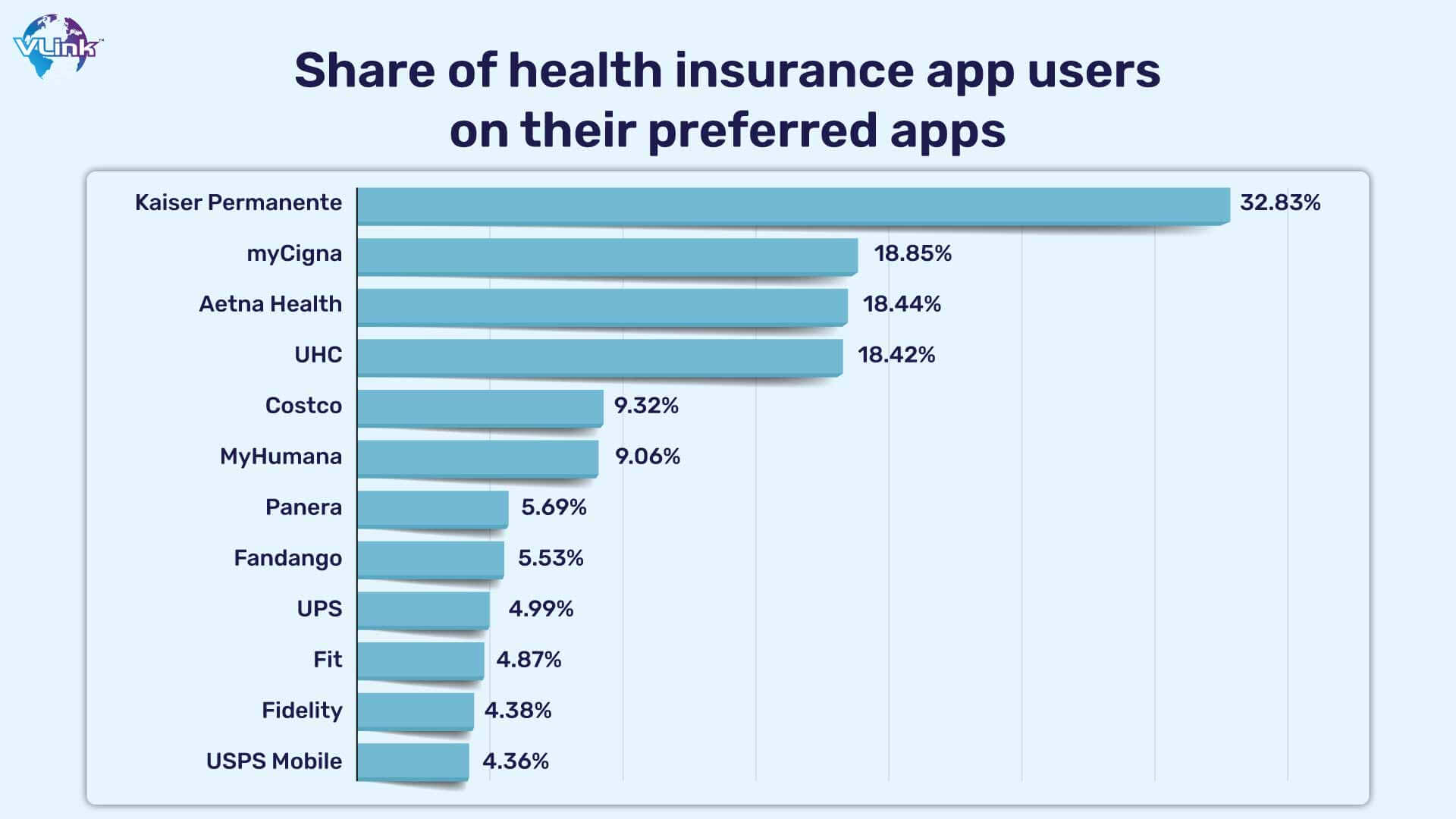 Health insurance mobile apps facilitate seamless communication, efficient policy management, and streamlined data processing. This not only benefits customers but also improves the experience of insurance authorities.
Health insurance mobile apps facilitate seamless communication, efficient policy management, and streamlined data processing. This not only benefits customers but also improves the experience of insurance authorities.
Business benefits of health insurance app development
There are certain reasons behind choosing your own health insurance app development. Have a look at the following benefits and you’ll understand more:
1- Simplifying Access to Insurance Plans:
Choosing the right health insurance plan can be a real challenge. Sometimes, people end up with plans that don't suit them well. The problem isn't the complexity or size of the plan but the lack of knowledge about health insurance policies.
Mobile health insurance apps come to the rescue. They make it easy for consumers to find what they need and select the right plan. The goal of creating a medical insurance app is to engage users and build a base of loyal consumers.
2- Streamlining Claim Processing:
Claim processing is a tough task for both healthcare providers and policyholders. Providers depend on a smooth claims management process to keep things running well. For policyholders, rejected claims are a major hurdle in covering healthcare costs. Reasons like incorrect data, invalid diagnosis codes, or subscriber not found can lead to claim denials.
Health insurance apps are a solution to ensure proper processing of health claims and avoid rejections. These apps contain all the necessary medical data, reducing the chances of providing incorrect or invalid information.
3- On-Demand Support & Communication:
Medical insurance apps allow insurers to stay in constant communication with policyholders and address their inquiries. Chatbots play a key role in maintaining interaction and providing on-demand support when an insurance agent isn't available to take a call. Chatbots, equipped with voice recognition technology and artificial intelligence, deliver a quality experience to policyholders.
4- Boosting Productivity through Automation:
By integrating cutting-edge technologies like AI (Artificial Intelligence) and machine learning, health insurance apps can automate documentation, data management, payments, and more. Automation takes over repetitive tasks from humans, reducing the likelihood of errors.
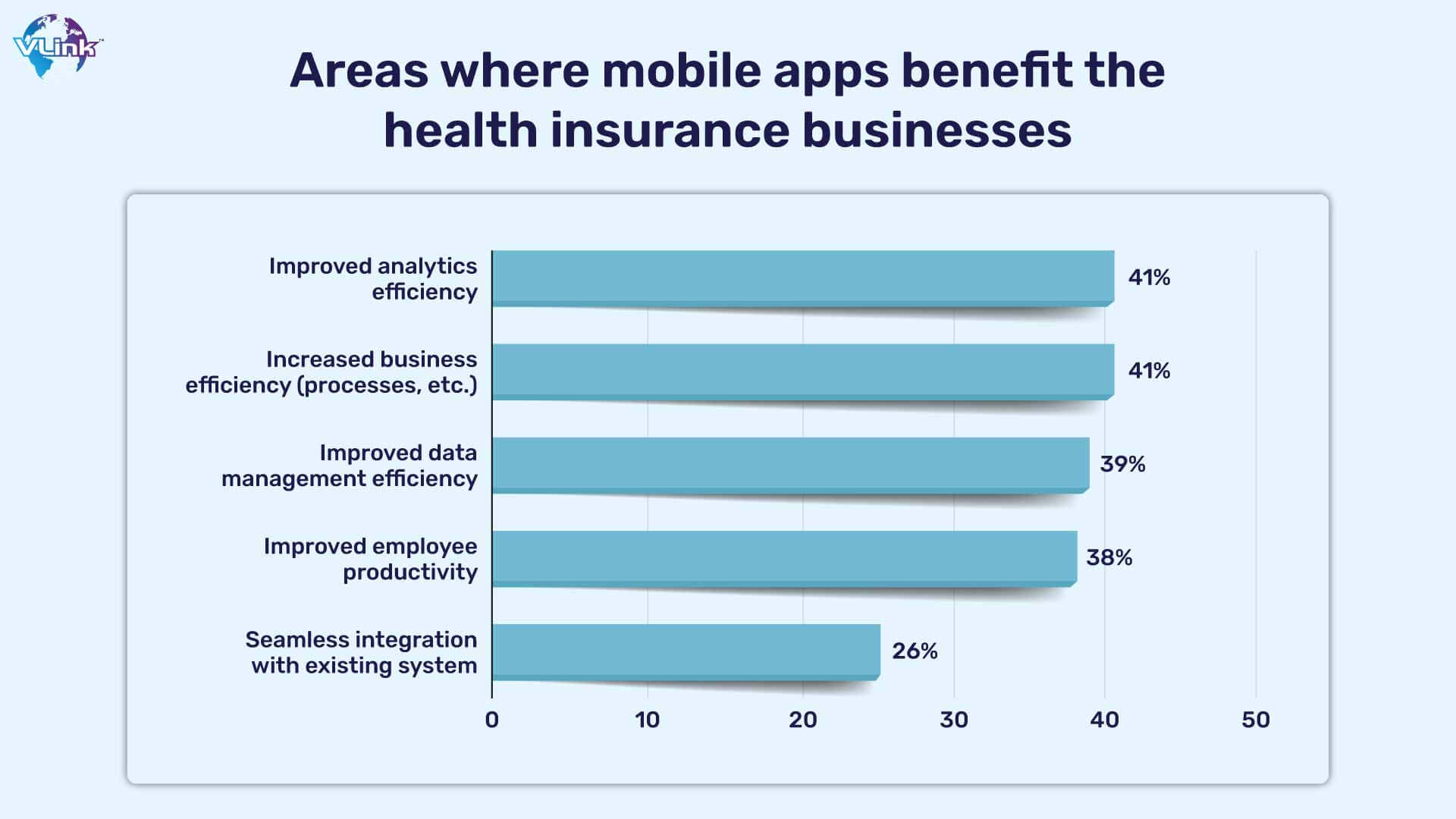 This ensures an increase in the productivity and efficiency of insurance companies. Furthermore, automating routine tasks allows staff to focus on other aspects of the business, such as quality assurance, customer retention strategies, new health insurance policies, and more.
This ensures an increase in the productivity and efficiency of insurance companies. Furthermore, automating routine tasks allows staff to focus on other aspects of the business, such as quality assurance, customer retention strategies, new health insurance policies, and more.
Top features to include in health insurance app development
1- User Profile Management
Collect essential information such as name, age, height, and weight to set up a user profile on the app. Users can access their insurance ID cards and review policy details, nominees, and other information in their profiles.
2- Locating Healthcare Providers
Insurance companies establish long-term partnerships with medical professionals, hospitals, clinics, pharmacists, and drug stores. This creates a network displayed on the health insurance app for easy access.
3- Policy Management
The app should feature the ability for clients to review, amend, or cancel their existing insurance policies. Allowing users to switch between insurance providers adds significant flexibility to the health insurance mobile app.
4- Renewal or Purchase of Policies
Conduct online financial transactions for medical policies without the need to visit an insurance office or contact live operators unless additional clarifications are required.
5- Document Upload/Storage
The app's document upload and storage feature allow users to easily upload and store crucial documents like medical reports, prescriptions, or claim-related files.
6- Secure Payment Gateway
A secure payment gateway is a vital component of health insurance app development. Users prioritize security when making payments, and a health insurance app without a reliable payment gateway is not effective.
7- Personalized Dashboard
A game-changing feature in Mobile Healthcare Solutions, the personalized dashboard consolidates coverage details, deductibles, copayments, and out-of-pocket costs for the user's health insurance plan.
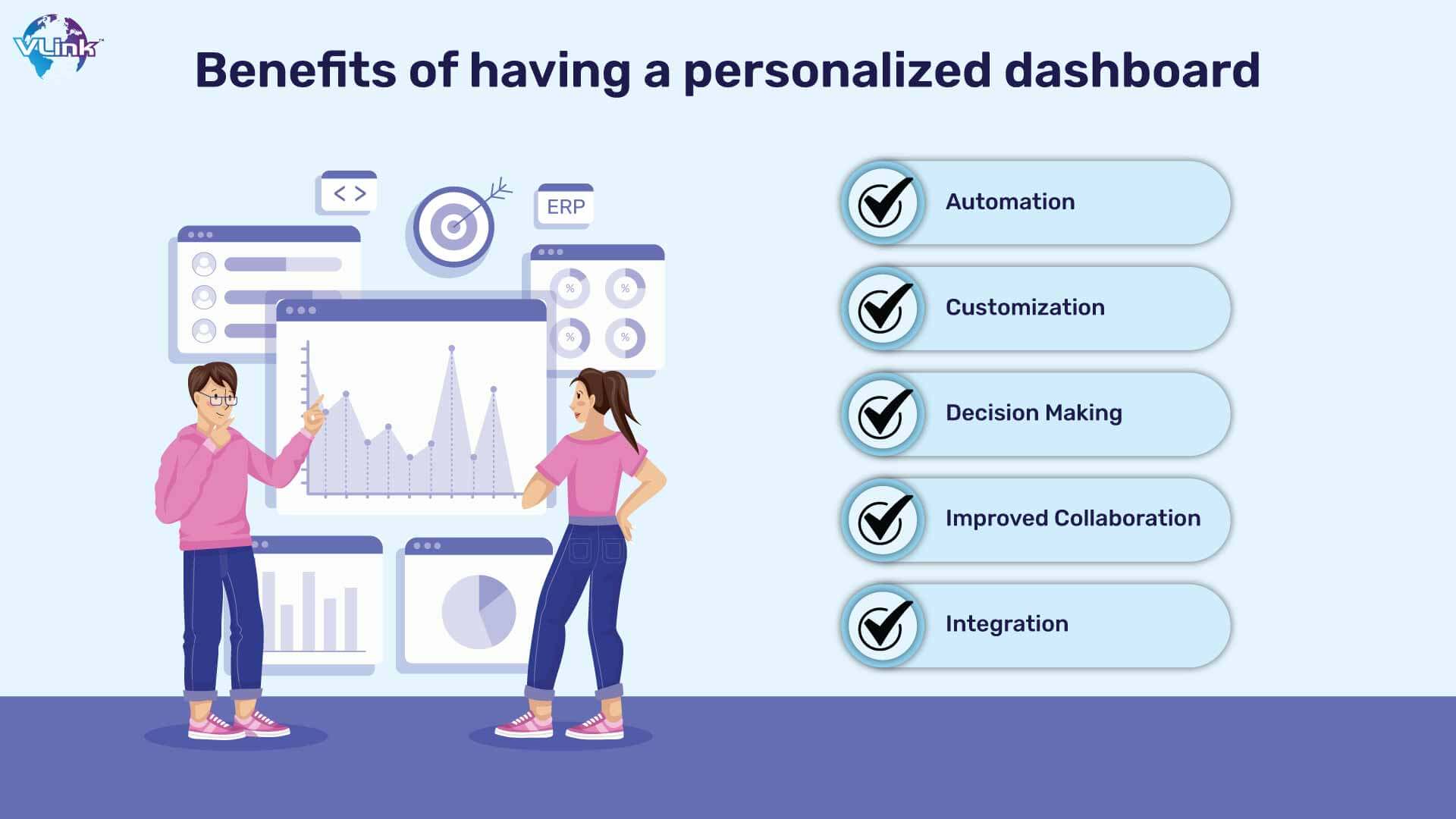 8- Push Notifications
8- Push Notifications
Keep users informed about their insurance coverage and prompt timely actions through push notifications. These can include renewal dates, claim status updates, or general health advice, serving as a valuable tool for generating qualified leads.
9- Claims Management
A crucial feature allowing users to efficiently submit, track, and manage insurance claims. Users can comfortably upload supporting documents, file claims, and receive status updates directly through their mobile devices.
10- Effective Communication
Establishing effective communication is vital for building app credibility. Enable users to securely connect with insurers, healthcare providers, and customer support for quick responses to queries, supporting various communication types such as video calls, voice calls, and chat.
Process to build a health insurance app
1- Research & Planning
In this initial phase, we dive into gathering information, outlining requirements, and exploring the project workflow. It's all about nailing down the app's purpose: why are we building it?
Setting clear goals provides a roadmap for the team, guiding them to craft the app with precision. Planning extends to picking the right platform for the app, with iOS and Android as the main contenders.
2- Understanding the Competition
It's crucial that your mobile app stands out from the crowd, steering clear of basic layouts. Your app needs to mirror the excellence of your products and services, offering an interactive, consistent, and distinct experience compared to competitors. Dive into competitor strategies, examining how they leverage interactive platforms to connect with customers and adapt to evolving needs.
3- Choosing the Tech Stack
The development path chosen by a dedicated insurance app development company and the platform underneath shape the tech stack. This includes selecting libraries, languages, frameworks, development toolkits, and programming methods for building an AI-infused insurance app.
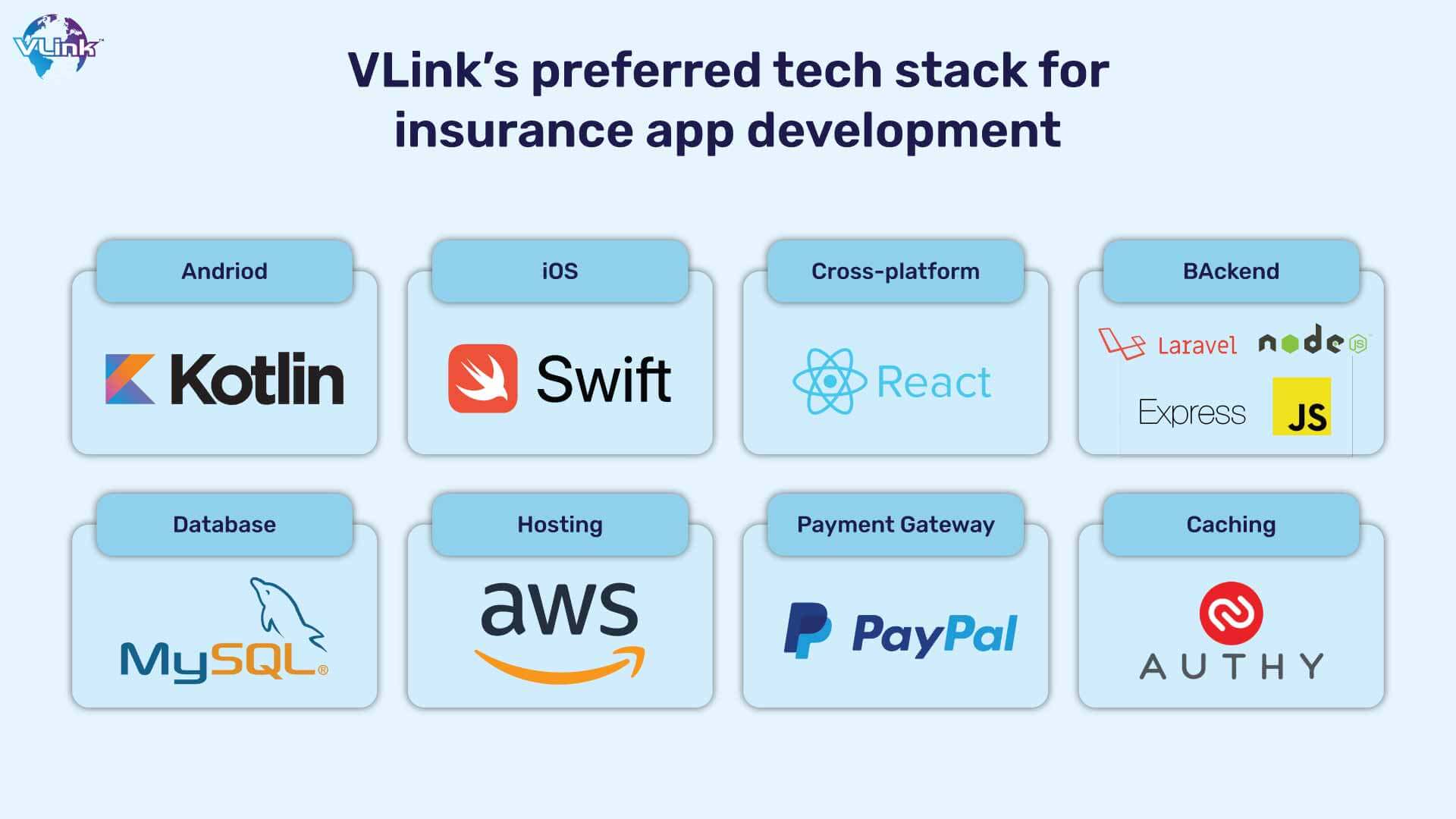 Picking the right tech stack is pivotal for the app's stability, scalability, and security. Think of implementing cutting-edge technologies like the metaverse within the insurance industry.
Picking the right tech stack is pivotal for the app's stability, scalability, and security. Think of implementing cutting-edge technologies like the metaverse within the insurance industry.
4- Designing the Experience
The requirements outlined in the initial stage lay the foundation for crafting the UX/UI design. This section emphasizes the role of UX/UI in the development process without delving into the intricacies of healthcare UX/UI design.
Good app design is a language that communicates effectively, conveying the product's value to users. A prototype design acts as a guide, enhancing user experience, identifying app development gaps, and addressing them before the grand launch.
By the end of the design phase, you should have a user experience wireframe for various screen resolutions and an interactive prototype.
5- Building Codebases (Frontend & Backend)
Now, we shift gears to turn the design into a living, breathing application through coding. This process divides into mobile, backend, and frontend development.
Frontend development focuses on building the user interface, crafting web-based admin panels for smartphone products. Consider utilizing tools like Angular, React.js, and Vue.js for frontend development.
Backend development constructs the behind-the-scenes functions crucial for app functionality. Explore backend languages such as PHP, Node.js, and Java.
Mobile app development covers the client-side interface, app creation, and integration of backend endpoints. Flutter or React Native are most preferable for cross-platform applications, and for native ones, Kotlin or Swift are top choices.
6- Testing & Launch
In this phase, QA testers conduct a series of manual and automated tests to ensure the health insurance app meets quality standards, compliance, and project requirements.
Once the app passes rigorous testing and bug fixing, it's ready for the market and app stores. Post-release maintenance is key to sustaining an application, staying ahead of the competition. Regular updates and additional features maintain the vitality of an insurance app and attract clients.
Cost to build a health insurance app
Building a health insurance app involves a multifaceted process encompassing meticulous planning, development, and financial commitment.
The technical journey of crafting a health insurance app is intricate, covering UI design, backend and frontend programming, API integration, testing/QA procedures, and ongoing maintenance. The expenses associated with healthcare app development may escalate due to these factors.
The overall cost of developing a health insurance application is not fixed and can fluctuate based on the project's scope and the complexity of integrated features. Typically, the expense ranges from approximately $35,000 to $95,000 or even higher.
Hire VLink’s developers for customized health insurance app development
Embracing the mobile app trend, where people increasingly rely on smartphones for diverse tasks, can give your business a competitive advantage and open new avenues for growth. With a mobile app, customers gain the flexibility to explore insurance policies at their convenience, eliminating the need for physical meetings.
Consider partnering with VLink for tailored health insurance app development. Positioned as a trustworthy healthcare app development company, we excel in creating a diverse range of applications across industries such as healthcare, fintech, manufacturing, and supply chain.
You can leverage several benefits from our extensive experience, ensuring the successful delivery of high-quality apps. Our adept team of developers, specializing in iOS and Android platforms, guarantees your app's reach to the widest audience possible.
Frequently Asked Questions
In the era of smartphones, health insurance apps offer convenience. It allows users to access and explore insurance policies anytime, anywhere, eliminating the need for face-to-face interactions.
Several factors impact the cost, including the app's features, complexity, and ongoing maintenance. Expenses can vary based on UI design, programming, API integration, testing, and quality assurance procedures.
Having a mobile app can provide a competitive edge by meeting the growing trend of smartphone reliance. Customers can easily browse and choose insurance policies through the app, fostering accessibility and user engagement.
Simply reach out to us through our website or contact us directly. Our team will be happy to discuss your specific requirements and guide you through the process of creating a customized health insurance app for your business.







